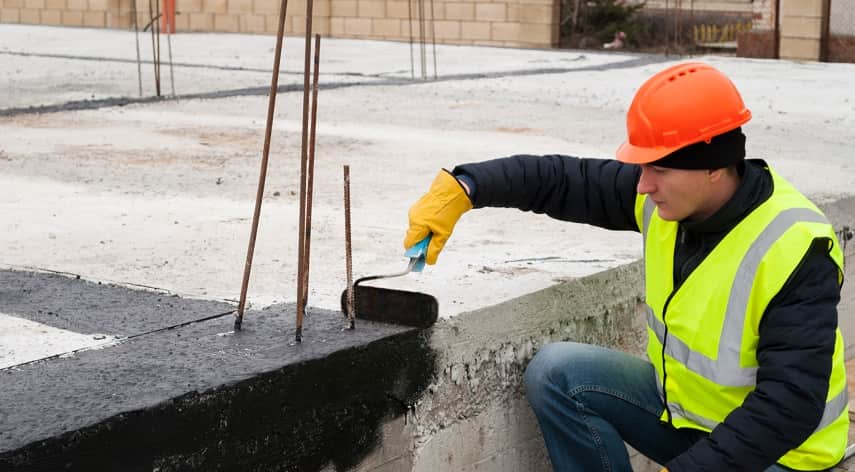What Makes Drains Clog?

What Things Can Make Your Drains Clog?
Common items that can clog drains include hair, food, grease and oil, soap scum and even foreign objects. Hair is a common culprit in clogged drains since it can easily become tangled and block the flow of water. Grease and oil are also problematic because they congeal when they come into contact with cool surfaces such as those found inside pipes.
Soap scum, which is a buildup of soap residue and mineral deposits, can also block drains. What’s more, foreign objects such as toys or jewelry may be accidentally dropped down the drain and get stuck there.
Knowing what can cause a clog can help you take preventive measures to ensure that your drains remain clear. For example, you can place a drain cover in your sink to catch hair and other debris before it goes down the drain. Additionally, you can pour boiling water down your drains regularly to help dissolve grease and soap scum buildup.
Of course, you should always be mindful of what items should and shouldn’t go down the drain so that you don’t have to deal with a stubborn clog. When in doubt, don’t put it down the drain and properly dispose of it instead.
If your drains do become clogged, you should contact a professional plumber so they can safely clear out the clog without damaging your pipes or plumbing system. A professional plumber will inspect your drains and pipes for any signs of damage or wear and tear. This will help ensure that you can prevent any major plumbing issues before they arise.
By following the above tips, you can keep your drains clear of clogs and running smoothly. Proper maintenance is key for keeping your home’s plumbing system in good working order, so it’s important to be aware of what could potentially clog your drains and take steps to avoid any unnecessary issues. If you do experience a clog, don’t hesitate to contact drain blockage experts for help.
Kitchen, Bathroom, Laundry Drains
Around your home, there are several areas where a clog can form due to common items. In the kitchen, grease and food scraps are the main culprits for blockages. Grease can build up over time and eventually clog the drain, while food scraps should never be put down a sink as they will get stuck and cause a blockage.
In the bathroom, you should be sure to not put any foreign objects such as cotton buds, wipes, or solids down the drain. Hair is also a major cause of blockages, so try to limit or avoid putting hair down the drain. Since hair naturally shreds, consider investing in a strainer basket to capture it before it goes down the pipes.
In the laundry room, lint and other fibers can be a major source of clogged drains. Be sure to regularly clean out the lint filter, and avoid putting large items down the drain such as cotton balls, rags or sponges.
As you can see, a proactive approach is often the best approach to preventing clogged drains. Regularly inspect your drains, and if you notice any signs of a potential clog, it’s best to take action early before it becomes a bigger problem. Finally, if your drains have already become blocked, don’t hesitate to call a professional plumbing service right away. They have the tools and expertise to quickly identify and resolve any issue with your plumbing system.
For example, just some techniques they use to clear clogged drains include hydro-jetting and snaking. Hydro-jetting is a powerful form of water pressure used to break up tough debris, while snaking is a process of inserting a special cable down the pipe to manually clear out any blockage!
Pankaj Majumder, a seasoned Civil Engineer, combines technical expertise with a passion for innovative infrastructure solutions. With a strong academic background and diverse project experience, he excels in creating sustainable and resilient structures that shape the future of urban development.
Recommended For You
Spread the loveWhile moving to your new city, there are a lot of things to be taken care of. Forgetting
Spread the loveHyderabad is a city that experiences heavy rainfall during the monsoon season. This can often lead to water
Spread the loveWelcome to your ultimate guide for finding and hiring the best commercial roof repair experts. If you’re facing




